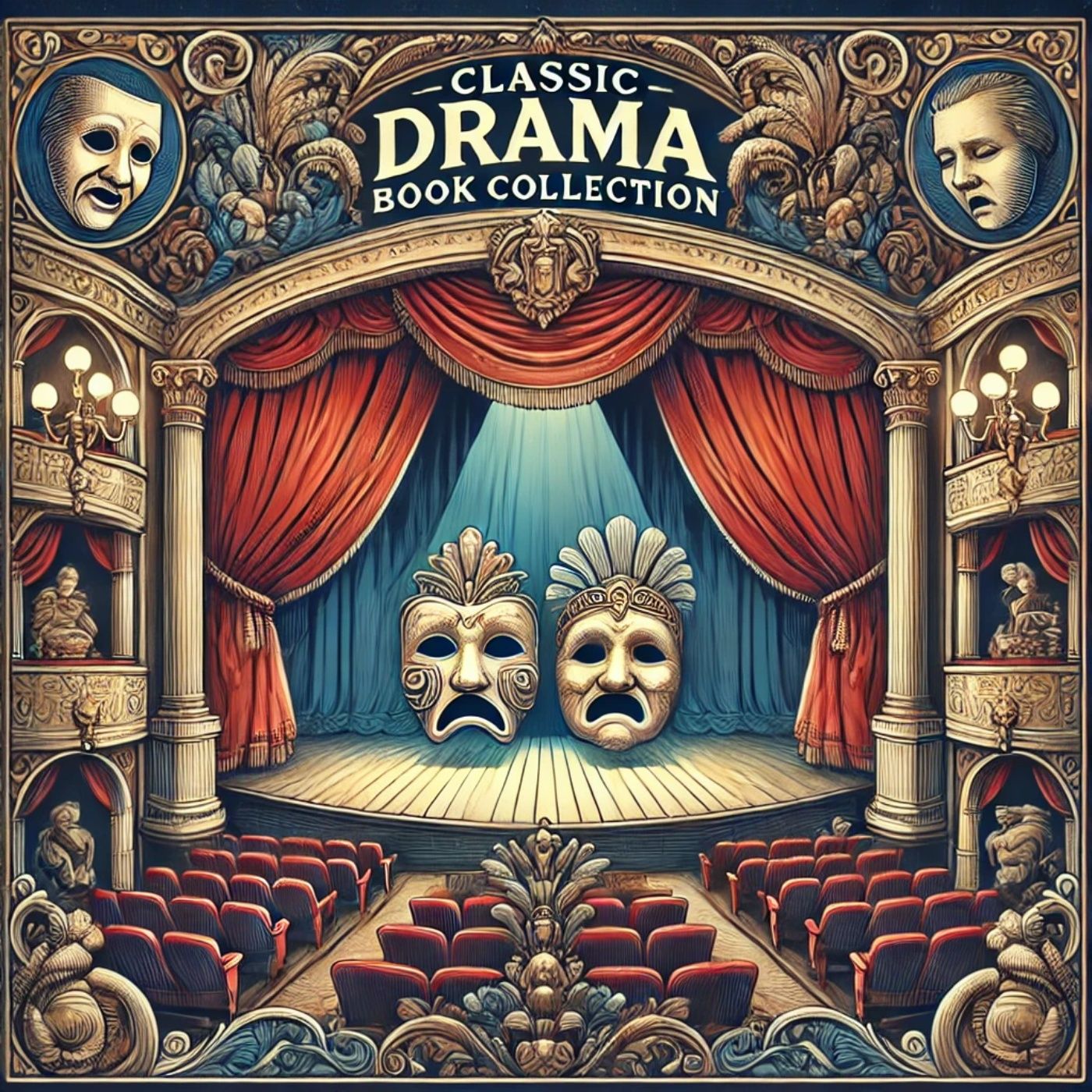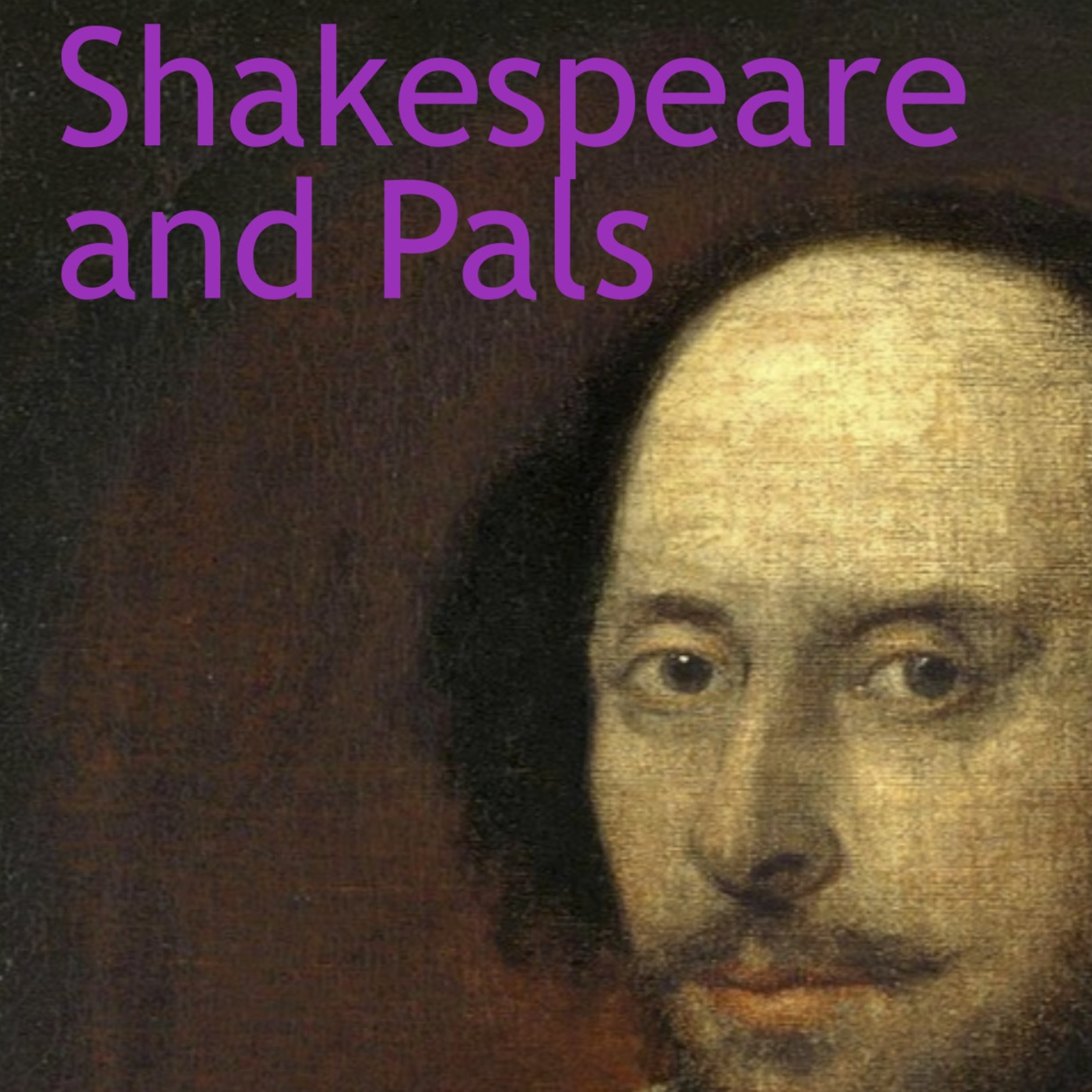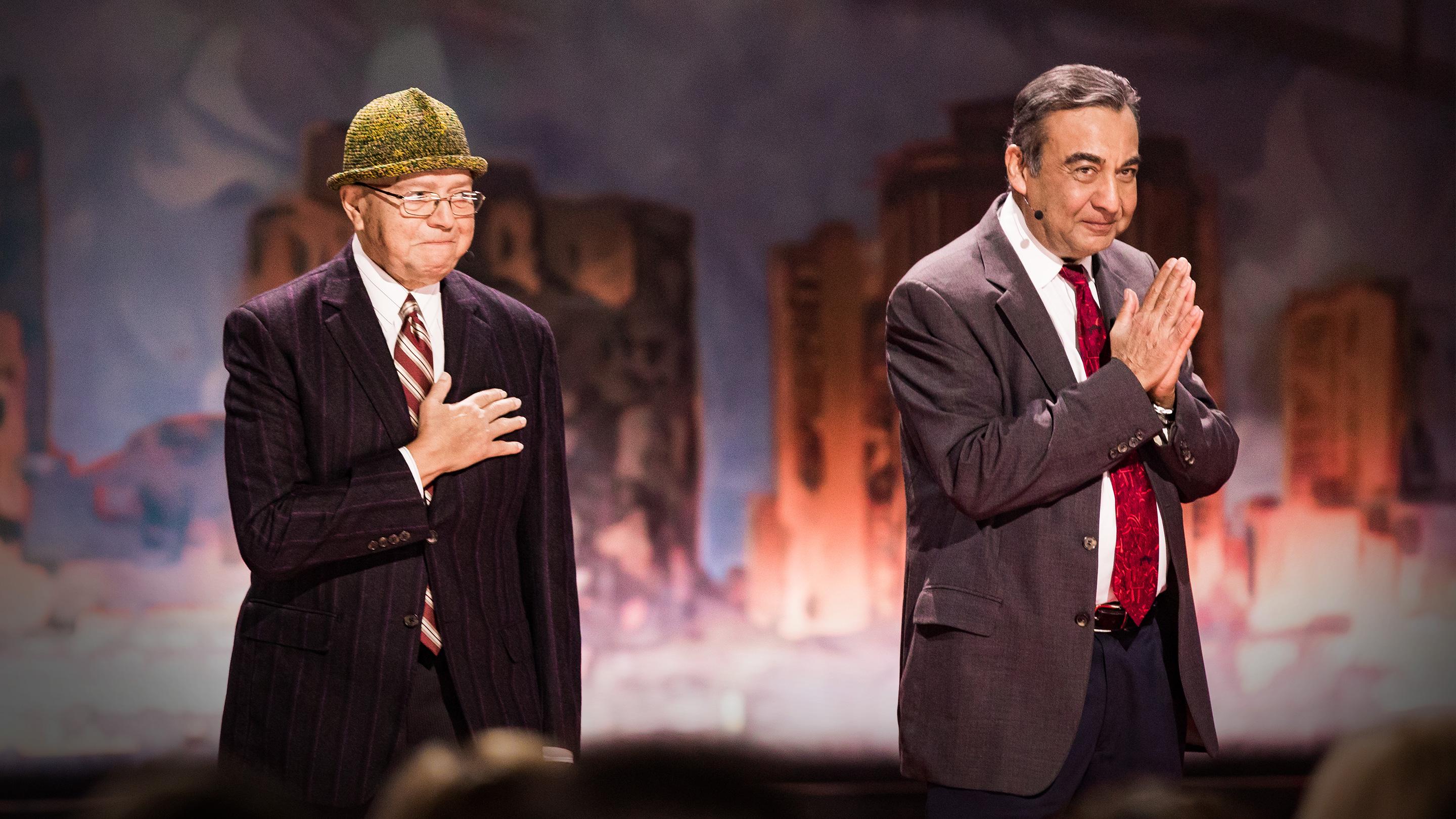The Canon Club: MacbethMacbeth is one of Shakespeare’s later and darkest tragedies. Set in eleventh-century Scotland, it tells the story of how Macbeth, triumphant and promoted by the King after triumph in battle, has his future Kingship foretold by three witches and is moved, with the encouragement of his wife, to murder the king and take the throne. Macbeth and his wife are consumed by guilt and madness. Macbeth commits more murder to shore up his position but eventually falls himself to a revolt. To discuss it, Paul and Ed are joined by Neema Parvini, author of over ten books, including Shakespeare's Moral Compass, and a Senior Fellow at the Centre for Heterodox Studies, the University of Buckinghamshire. *** The Canon Club is a show about the Western canon: the great cultural inheritance we're handed, across music, art, and literature. It was born of a blog by Ed West, in which he pined for a return to the schools of art and literary appreciation that were so famous in pre-WWI Vienna. An era when people took seriously their commitment to appreciating the art that had come before them: from Beowulf to The Divine Comedy, from Goya to Beethoven, from Brahms to Ibsen. This podcast is that latter-day Viennese salon. The Western canon is everyone's birthright, even if most of us feel under-educated in it. Paul and Ed have set out to reclaim it for themselves, and thereby transmit it to a wider audience. Ed West is a prominent British journalist, and the author of the wildly popular Wrong Side of History Substack. Paul Morland is a nationally-renowned expert in demographics, and the author of several books. In Season One, they'll be inducting one person or movement per episode into The Canon: E01: Caravaggio with Andrew Graham DixonE02: Macbeth with Neema ParviniE03: Anton Bruckner with Bryan GilliamE04: Anna Karenina with Rosamund BartlettE05: The Romanesque with John McNeillE06: Thomas Mann with Tobias BoesE07: Van Gogh with Martin Gayford
# TragedyA genre of literature that often involves serious themes and the downfall of a prominent character, eliciting emotions from the audience.






